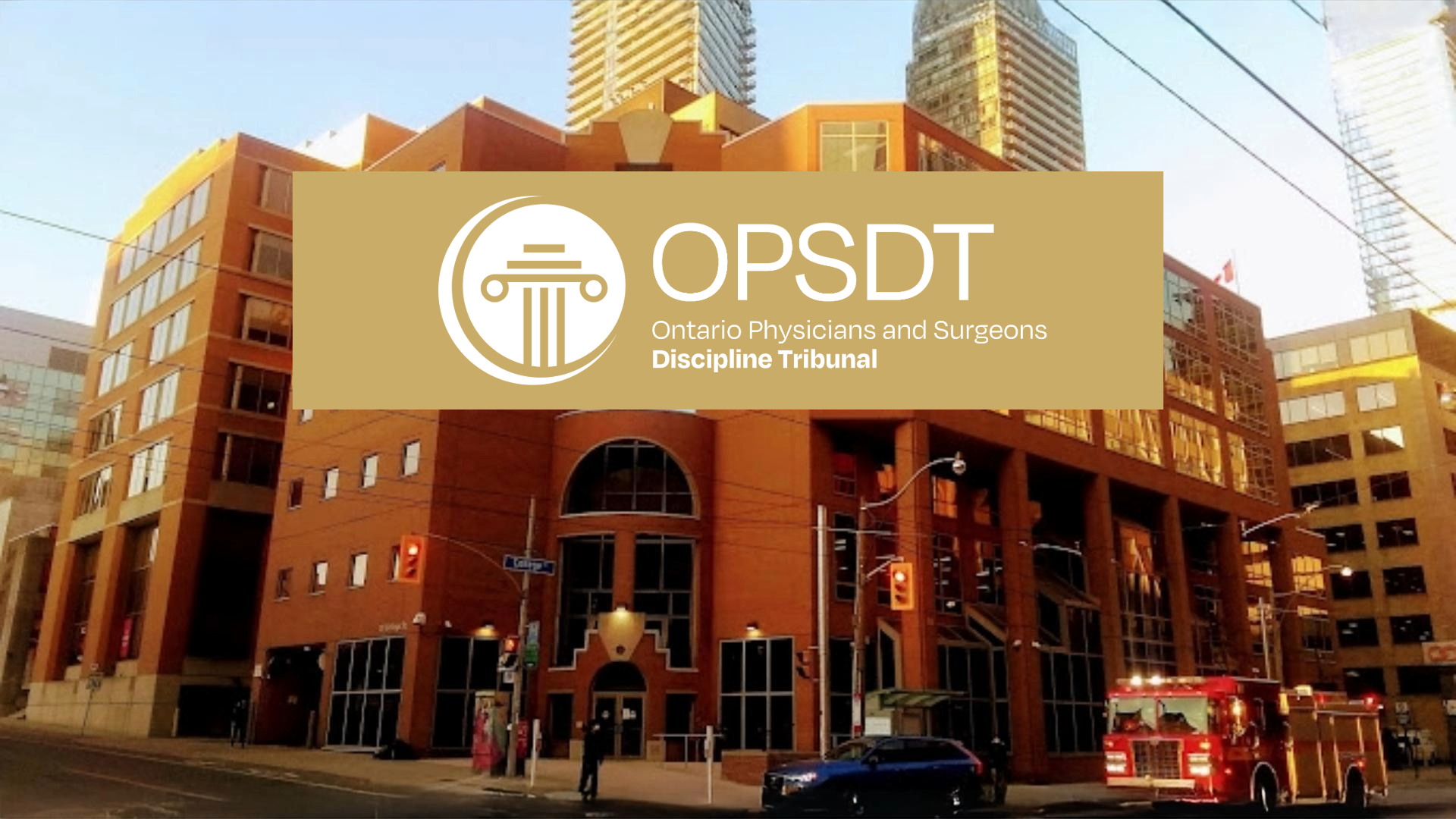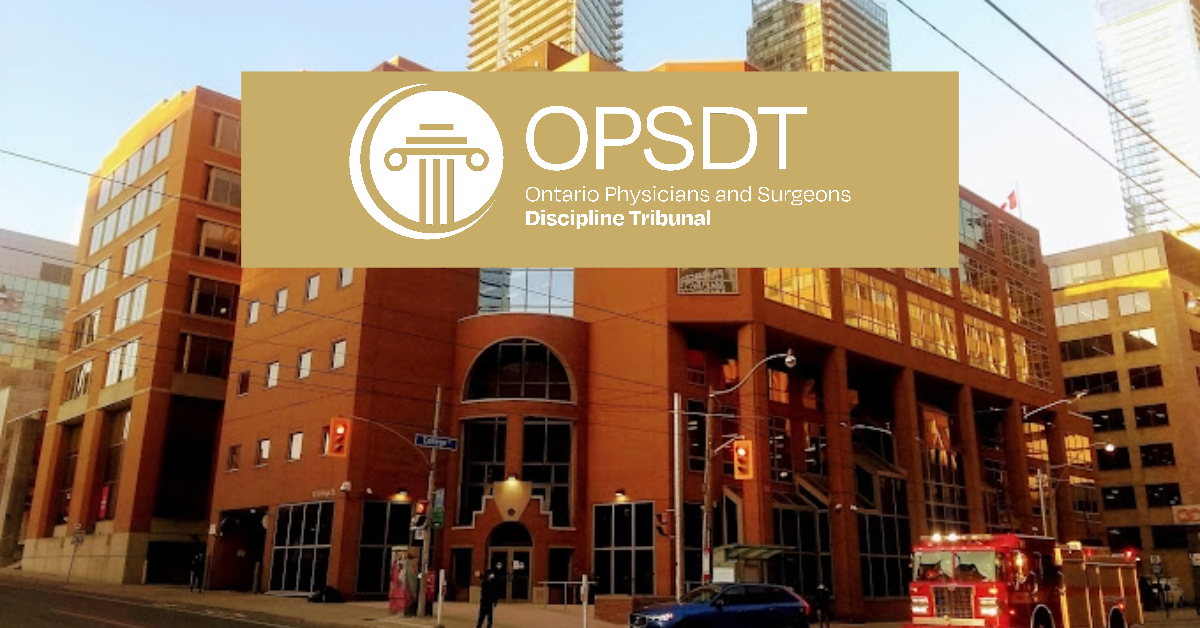
Nurse Alters Morphine Record, Patient Dies: CNO Orders Permanent Resignation
A Profound Breach of Trust in End-of-Life Care In CNO v. Lindsey Coyle, the Discipline Committee of the College of Nurses of Ontario addressed one

On October 16, 2024, the Ontario Physicians and Surgeons Discipline Tribunal (“OPSDT”) of the College of Physicians and Surgeons of Ontario (“CPSO”) dismissed the motions of two physicians, Dr. Rochagné Kilian and Dr. Sonja Sophia Kustka, who refused to produce medical records as part of an investigation into their COVID-19 vaccine exemption practice.
The OPSDT dismissed their motions and ordered further hearings for both physicians to address finding and penalty (if applicable).
In September of 2021, two members of the public sent the CPSO copies of medical exemptions from the COVID-19 vaccine signed by Dr. Kilian.
The document did not explain a medical basis for the exemptions, claimed to cite legal authorities, including the Canadian Constitution and the Nuremberg Code and indicated it was based upon “MEDICAL, &/or PSYCHOSOCIAL CONDITION(S), [which] will be ongoing for a minimum of ten year(s).” The document also had an option for a medical exemption from wearing a mask. In addition, a member of the public sent an email with information about Dr. Kilian’s public comments on COVID-19 vaccines and the vaccine mandate.
The CPSO received two pieces of information about Dr. Kustka in November and December of 2021. First, a Girl Guide leader reported that she had received medical exemptions from mask requirements for two sisters written by Dr. Kustka, disclosing no medical basis for the exemptions. She stated that neither sister had reported any medical condition, nor did they live in proximity to Dr. Kustka’s office. Second, a member of the public filed a complaint regarding Dr. Kustka’s alleged use of ivermectin to treat her late mother, who had COVID-19.
The key issue raised in the case was of privacy and cooperation. The OPSDT dismissed the motion put forward by the doctors, citing their duty to collaborate with the CPSO in investigations. Further, it highlighted a crucial point that the physicians had no reasonable expectation of privacy in regards their patients’ medical records. Accordingly, it was stated that the s. 8 right against unreasonable search and seizure under the Charter did not apply in this context.
This ruling underscores the importance of cooperation with regulatory bodies. It further emphasized the necessity for effective investigations which are in the best interest of the public. The OPSDT conveyed a clear message that refusal to comply with regulatory bodies will not be tolerated and such actions may lead to severe consequences.
The decision also addressed several other pertinent issues, including challenges to the appointment of investigators, the application of policies, freedom of expression, and the constitutionality of vaccine mandates.
Decision Date: October 16, 2024
Jurisdiction: Ontario Physicians and Surgeons Discipline Tribunal
Citation: College of Physicians and Surgeons of Ontario v. Kilian, 2024 ONPSDT 23

A Profound Breach of Trust in End-of-Life Care In CNO v. Lindsey Coyle, the Discipline Committee of the College of Nurses of Ontario addressed one

What College of Physicians and Surgeons of Ontario v. Thirlwell, 2026 ONPSDT 5 Means for Patients and Public Trust In College of Physicians and Surgeons

Estate of Henders v. Lakeridge Health Oshawa, 2026 ONSC 701 In a significant decision for medical malpractice and long-term care litigation in Ontario, the Superior

What CPSO v. Faruqi Means for Patients and Physicians On January 21, 2026, the Ontario Physicians and Surgeons Discipline Tribunal released an important decision addressing